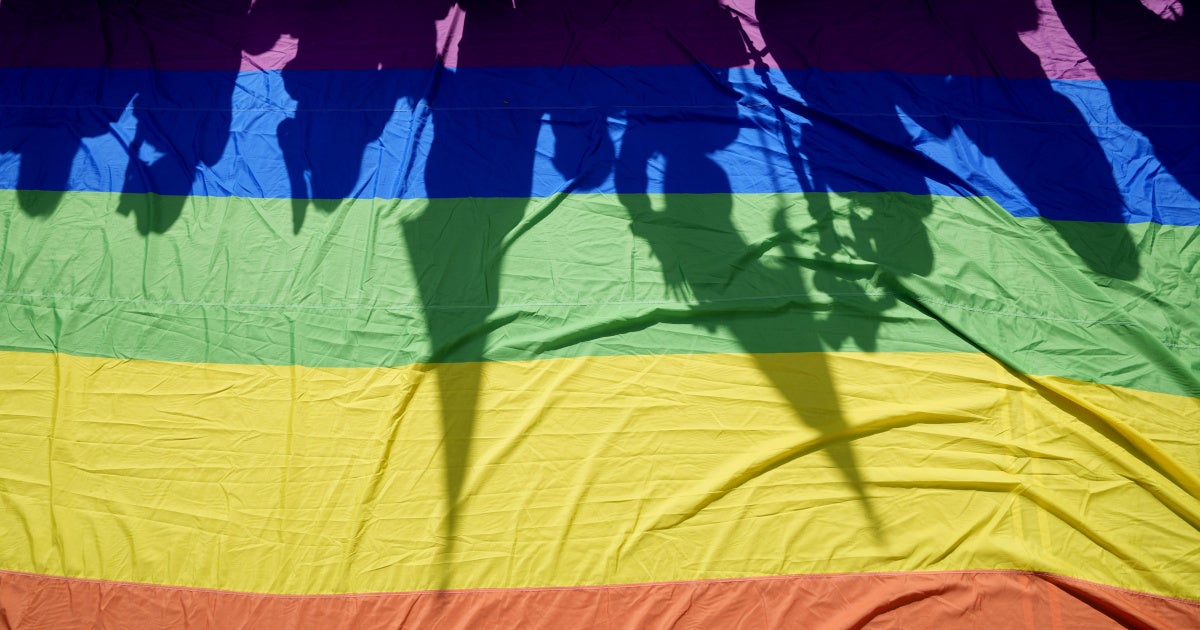(Seoul) – South Korea’s Ministry of Data and Statistics updated the 2025 Population and Housing Census on October 22, 2025, to allow same-sex couples to be counted, Human Rights Watch said today. The census, which will be conducted from October 22 to November 18, will recognize the same-sex relationships of lesbian, gay, bisexual, and transgender (LGBT) people in national statistics for the first time.
“The South Korean government’s decision to update its data collection system to accept and record same-sex partnerships is an important step for the rights of LGBT people in South Korea,” said Lina Yoon, senior Korea researcher at Human Rights Watch. “The South Korean government should promptly build on this progress by passing a comprehensive anti-discrimination law and legalizing same-sex marriage.”
The Population and Housing Census, conducted every five years, is South Korea’s most comprehensive national household survey. For the first time, its digital data collection system will allow people in same-sex relationships living together to be inputted as “spouses” or “cohabiting partners.” In prior census cycles, this system would return an error message when same-sex couples tried to designate themselves as anything other than “unspecified cohabitants.”
South Korea does not legally recognize same-sex marriage or partnerships, depriving same-sex couples of legal recognition and protections, and exposing them to discrimination in family law, inheritance, taxation, housing, and other areas of law and policy. However, in July 2024, South Korea’s Supreme Court affirmed the rights of same-sex partners to claim spousal benefits under the national health insurance system, signaling growing judicial recognition of same-sex relationships, despite the lack of legislative reform.
In response to anti-LGBT backlash against its decision, the Data and Statistics Ministry responded that it was not actively collecting data on LGBT people, but rather improving the accuracy of the census by removing input restrictions. However, the lack of public outreach on this change and the ministry’s vague messaging have raised concerns among LGBT activists about possible underreporting.
Activists have initiated their own outreach campaign to inform LGBT people about the new option to register same-sex household relationships, aiming to ensure visibility and accurate representation in national statistics.
Collecting data on marginalized groups and minorities, including LGBT people, provides an important empirical basis for policymaking that affects them, increases their visibility, and can reveal and help address inequality, discrimination, and human rights abuses they may face, Human Rights Watch said. The United Nations Statistics Division highlights the critical role of a census in “facilitating efforts to address inequalities, promote social inclusion, and monitor the well-being of vulnerable populations.”
To ensure meaningful inclusion, the Data and Statistics Ministry should ensure that census participants are aware of the option to report same-sex household members as “spouses” and “cohabiting partners,” and commit to releasing data on same-sex couples alongside other census findings. In future censuses, including in 2030, the ministry should affirm its commitment to collecting accurate data and to eliminating discrimination by including demographic questions on sexual orientation and gender identity.
“South Korea’s decision to include LGBT couples in the census is a human rights victory for all South Koreans, but further action is needed to ensure equal rights and protections for LGBT people,” Yoon said. “The South Korean government should seize this opportunity to advance equality and ensure that LGBT people are protected from discrimination every day.”



